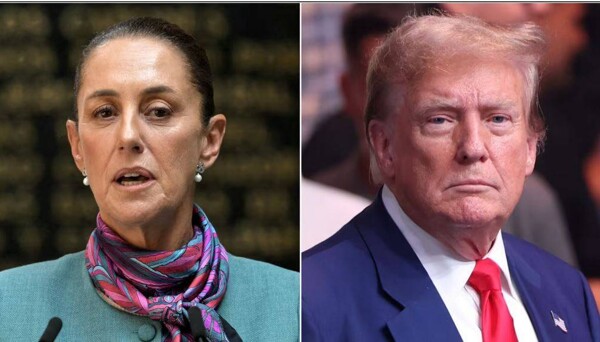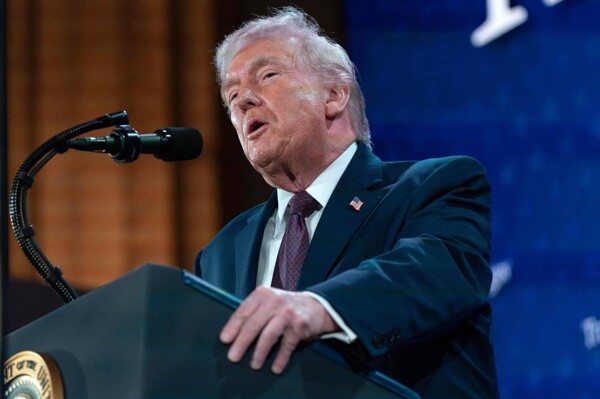
The book "Lackey Luser" and its Arabic translation "Successful Underminer" narrate the unsuccessful commercial career of former US President Donald Trump and how he managed to present it as a "success." The authors of the book are journalists from the investigative department of the New York Times Russia, Ross Piterner and Syuzhen Craig.
As the authors assert, this book does not serve as a documentary film, but it has significantly elevated the reputation of Donald Trump, distorting reality. The authors describe how some of Trump's projects, such as the development of Trump Tower, contributed to the rise in property prices in Manhattan. Trump pursued these projects but lost.
Ross Piterner and Syuzhen Craig are the only ones who studied Trump's commercial empire. The investigation also stems from the statements of Trump himself, psychologist Mary Trump, who disclosed that the source of Donald's wealth was his father, Fred.
The book "Lackey Luser," comprising 500 pages, with 40 pages dedicated to references, includes the most insightful, detailed, and well-researched financial press, according to American economic historian Brad de Long. The authors aim to correct "the chaos of false assertions propagated by Donald Trump."
The book illuminates the period leading up to the 2016 elections when Trump become notorious for financial failures due to business schemes and participation in the TV project "The Apprentice," but many of his projects also ended without profit.
At the end of his presidency, Trump faced financial setbacks, including Trump University and other projects. The authors assert that Trump was one of the worst presidents based on economic indicators and lacked broad support among Americans.
Trump left himself little time to restore his image due to his business successes; however, realistically, his worth likely approached zero if he loses the elections. Piterner and Craig conclude that Trump was possibly more successful if he took risks in the stock market rather than engaging in business.
Trump inherited trials and unsustainable business projects, leaving behind the largest global economy. Over time, his worth could have increased had he invested his inheritance in the bond index, but it appears he squandered his endeavors rather than creating them.














